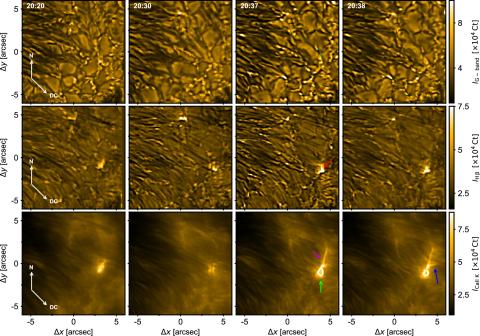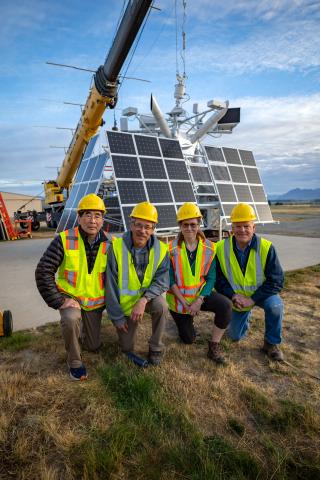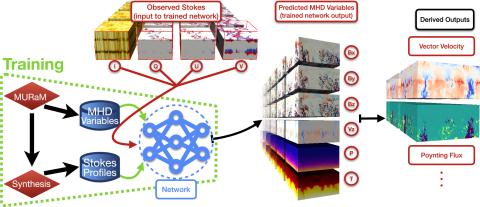News & Events
Upcoming Events
Latest News

Scientists at NSF and NSF NCAR capture extremely detailed view of a microflare
NSF UCAR highlights new research that uses unparalleled data from the National Science Foundation (NSF) Daniel K. Inouye Solar Telescope (DKIST). HAO's Robert Jarolim is one of the authors.

HAO's HiWind Balloon has Launched
Yesterday, the weather conditions in Wanaka, NZ proved favorable for a successful HiWind (SN11) launch. The HAO staff received this news with great jubilation. We are proud and grateful for your achievement!

Holly Gilbert awarded the 2025 Irene González Hernández Prize
HAO is proud to announce that our director, Holly Gilbert, is the recipient of the 2025 Irene González Hernández Prize. As quoted from the SPD website announcement..."The Irene González Hernández Prize, established in 2024, celebrates mid-career scientists for transformative contributions to solar research, leadership, and community service." Congratulations Holly!

Cutting-edge SPIn4D project combines AI and Astronomy
Matthias Rempel, et al. combine cutting-edge solar astronomy with advanced computer science to analyze data from the world’s largest ground-based solar telescope located atop Haleakalā, Maui. See featured story from the University of Hawaiʻi News. The team’s research recently published in Astrophysical Journal focuses on their development of deep learning models that rapidly analyze vast amounts of data from the U.S. National Science Foundation (NSF) Daniel K. Inouye Solar Telescope.